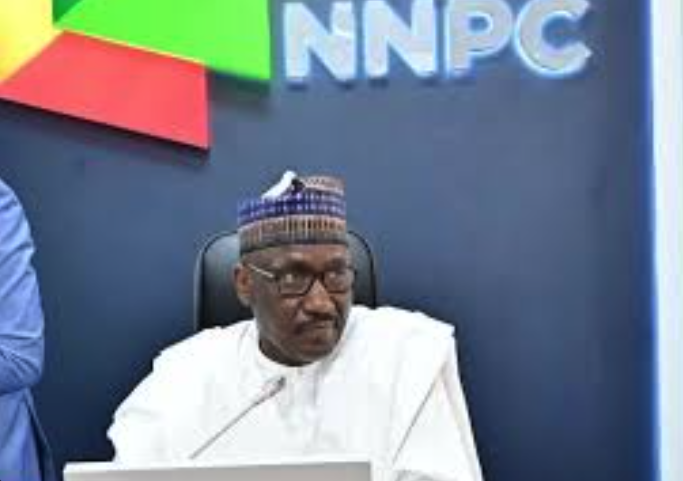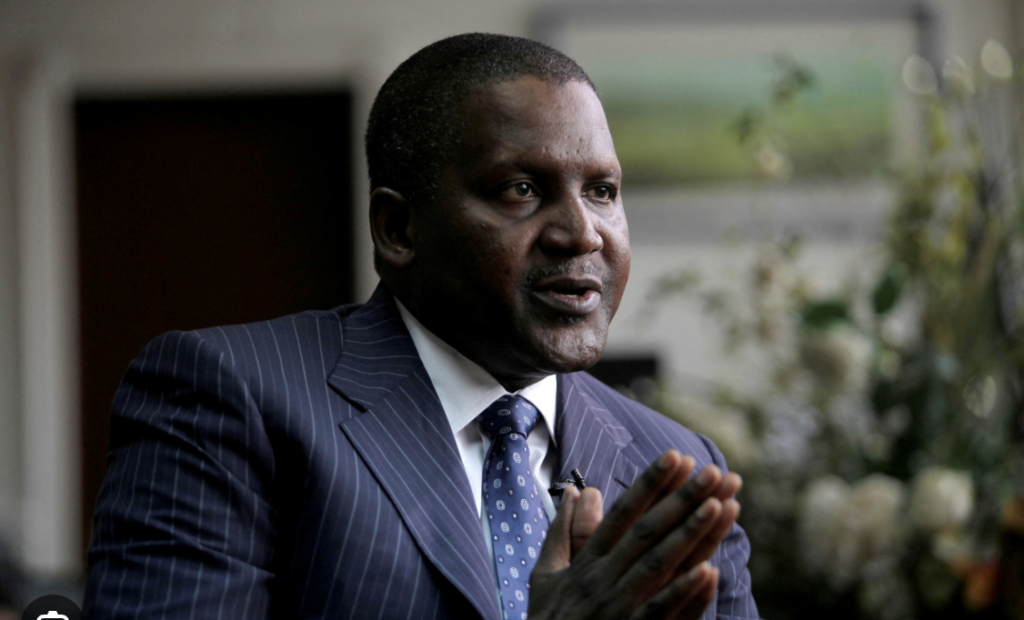The industrial baron and Chairman of Dangote Group, Aliko Dangote, has publicly criticized the Nigerian National Petroleum Corporation (NNPC) following their decision to reduce their stake in Dangote’s refinery project from 20% to a mere 7.2%. This unexpected move by the NNPC has not only stirred conversations in the oil and gas industry but also raised a few eyebrows among financial and economic observers across Nigeria and beyond.
A Bold Misstep
Aliko Dangote, holding court at an impromptu press conference on Tuesday, expressed his disbelief at NNPC’s recalibration of its investment. In his own words, the reduction represents a “huge mistake” on the part of the national corporation.
“The NNPC,” Dangote asserted, “has significantly underplayed the importance of maintaining a substantive stake in this transformative project. Such a decision, to bring their investment down by more than half, betrays a short-sighted understanding of the long-term benefits of this endeavor.”

The Significance of the Refinery Project
The Dangote Refinery, situated in the Lekki Free Trade Zone in Lagos, is anticipated to be Africa’s largest oil refinery and the world’s largest single-train facility. With a projected capacity of producing 650,000 barrels per day, it is set to profoundly alter Nigeria’s oil landscape, reducing dependency on imported petroleum products and bolstering the local economy.
Refinery projects as its positives:
- Substantial reduction in importation costs of refined petroleum products.
- Creation of thousands of jobs for Nigerians at different skill levels.
- Boost to local industries reliant on petroleum byproducts.
- Enhanced energy security for Nigeria and contributing to foreign exchange savings.
Given these projected benefits, Dangote’s concerns over NNPC’s drastic reduction in investment seem grounded in more than just financial terms; they touch on national economic stability and growth.
Industry Reactions
The NNPC’s decision has not gone unnoticed within the corridors of power and among industry players. While some stakeholders believe that the corporation’s move might have been influenced by other strategic financial considerations, others view it as a missed opportunity for the nation’s energy sector.
Dr. Kingsley Ogwu, an energy sector analyst, highlighted, **“The NNPC’s decision seems counterintuitive to our national goal of becoming self-reliant in petroleum production. It’s a missed opportunity to be a substantial part of a landmark project that will shape not just the regional, but potentially the global, oil industry.”**

Looking Forward
Despite this setback, Dangote remains undeterred, reiterating his commitment to seeing the refinery project through to its successful completion. He reassured stakeholders and the general public that the reduction in NNPC’s equity stake will not affect the operational timelines or the overarching goals of the refinery project.
**“We will forge ahead,”** Dangote announced, **“with or without substantial backing from the NNPC. This project is designed to revolutionize Nigeria’s oil and gas sector, and we remain steadfast in our mission.”**
Sources of Optimism
In a world where the headlines are often dominated by setbacks and crises, there is a silver lining here. The Dangote Refinery, despite the perplexing reduction of NNPC’s stake, remains on track and continues to promise a better future for Nigeria’s energy sector.
**Positive aspects to consider include:**
- The **steadfast commitment of Dangote Group** to delivering on the project’s promises.
- The strong likelihood of **attracting alternative investments** from private and international investors who see the refinery’s potential.
- The continued **innovation and technology transfers** that come with large-scale projects of this nature.
It’s clear that while the reduction in NNPC’s stake is a development that has sparked concern, it does not signify the end of a dream. Instead, it serves as a reminder of the resilience and enduring optimism that characterizes bold ventures. Aliko Dangote’s unwavering dedication to the refinery project shines brightly, promising a future where Nigeria emerges stronger and more self-reliant in its energy needs.
As the story unfolds, there will undoubtedly be more twists and turns, but one thing remains certain—the journey toward a more robust and self-sufficient Nigerian oil sector is very much alive and well.
Stay tuned; the best is yet to come.